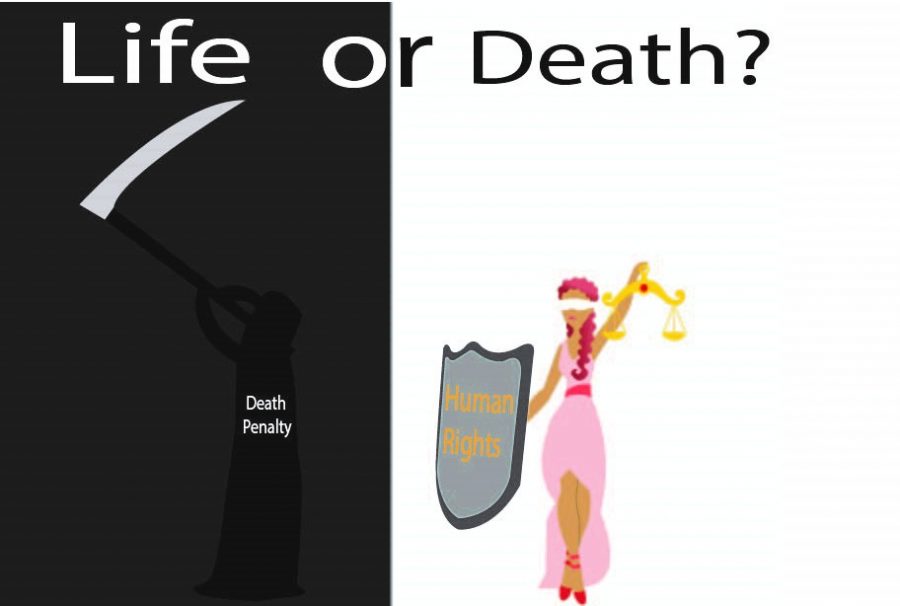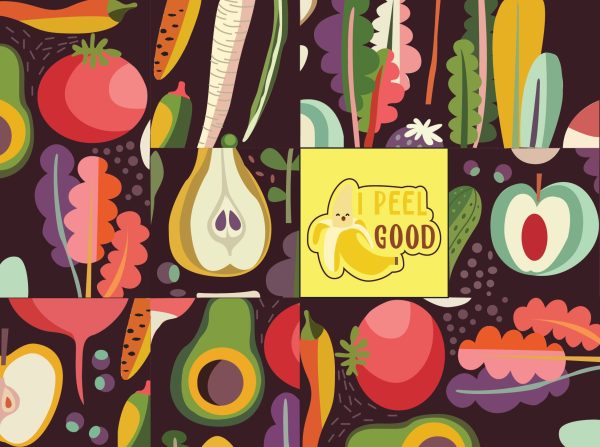The Horrors of Our Criminal Justice System
November 19, 2021
The United States criminal justice system continues to be a platform where voices are silenced, citizens are stripped of their rights, and animalistic treatment is accepted. Many are not even aware of the unseen horrors of the system and support is not given where it is crucially needed. U.S. morals are often disregarded and lives may be immediately ruined through a system that disregards the humanity of citizens. It is important that we recognize these faults and represent those who are no longer considered important and worthy in their home country.
The problem begins with the first interaction between the system and citizens. Police often target the same minorities, especially racially. According to Brookings, “The United States incarcerates a disproportionate number of black and Latino individuals relative to their composition in the U.S. population. The causes and correlates of this racial discrepancy in the criminal justice system are manifold.” Although many argue that Black and Latinos are simply just involved in more crime, this very belief and stereotype traps innocent people to be perceived as “most likely” guilty simply because of their race. Police may pull someone over for something as simple as running a traffic stop, but the situation may result in incarceration. Senior Emma Mazzotta shares her insight by saying, “Minorities involving race, such as Black people are targeted by the system because of systematic racism that our nation is built on.” Due to a preconceived idea that black people are dangerous or criminals, the system believes it can automatically treat them differently. In general, police have had a history of unnecessary violence. Brookings also states that “987 individuals were shot and killed by police officers in 2015. The vast majority (78 percent) of victims were armed with a deadly weapon: only 10 percent were killed while unarmed. Fifty percent of the individuals killed by police were white, but police killed a disproportionate number of minority individuals relative to the racial composition of the U.S. population.” Not only are minorities targeted for incarceration, but they are also more likely to be treated brutally and often face dangerous circumstances.
Additionally, the conditions in U.S. prisons are threatening and unsanitary. First, APA states that “the United States now has more than 2 million people in prisons or jails–the equivalent of one in every 142 U.S. residents–and another four to five million people on probation or parole.” Prisons are extremely overcrowded, leading to many issues. No other country has this large of an amount of citizens in their prisons. The more people in prisons, the harder it is to advocate for each person. All prisoners will be grouped together and the system will be too stressed to handle such a great amount. Sophomore Kyle Anderson shares his insight by saying, “More prisoners leads to more money.” Perhaps the more people in prisons, the more money that the system receives. If this is the case, this would be an extreme example of corruption within the system, as it is benefiting the wrong people. With an increasing amount of people in prisons, violence and fights break out. Along with this, jail cells do not provide hygienic and sanitary conditions, leading to sickness and sometimes death of prisoners. Junior Faith Melass introduces a great concern by adding that to improve the system, “We can dedicate more money and make prisons less isolating.” Many cells have no windows and are entirely closed in. This could add to mental health problems that may already exist within the criminal population, directly continuing the problem that prisons intend to solve. Although criminals should be held accountable for their actions, there will be no end to crime without appropriate facilities designed to improve and treat those who are incarcerated.
After prison, many ex-felons struggle to regain their lives. Simple things such as getting a job, owning property, or having financial support is difficult. Freshman Audrey Knirk, along with all other interviewees, agreed that “rehabilitation is more important than punishment,” regarding criminals. Although there are some elements that are important for a correction facility to effectively operate, it is also equally important to consider the ways in which we can truly make a change. Legal Scoops states that, “some of the issues contributing to the high number of incarcerations include drug use and mental health. The money set aside for policing and detentions could be better spent on community prevention and treatment programs.” Ex-felons deserve an opportunity to start over and receive the help they need. When there is no money put into things such as mental health programs, the same crime loop will begin again because ex-felons did not truly receive the support and help they needed.
As issues within the criminal justice system have increased, the need for a solution has become more urgent. Minorities continue to be targeted while citizens are neglected and those who are suffering have a lessened chance to strive in life again.






